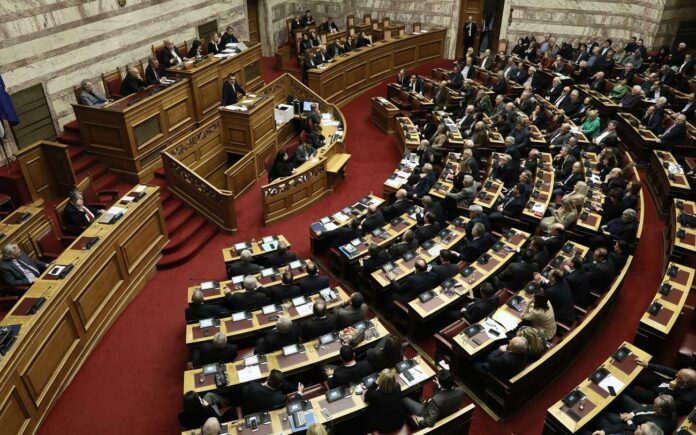Pharmaceutical prices in Greece proved to be the latest “battleground” between the government and the opposition this week, with the former claiming that a bill passed by a slim majority in Parliament guarantees the supply of cheaper brands in the local market, with the latter vociferously charging that price hikes are the real reason behind the law.
The opposition, including main opposition New Democracy (ND) party, warned that the leftist government is replacing the previous regime, whereby an average pharmaceutical’s price is determined by taking into account the lowest price in two European Union members, and instead is now relying on two Eurozone members – i.e. more prosperous European states.
The annual rate increase ceiling for a specific drug was also raised to 10 percent.
The clash comes amid the specter of a seemingly unending and politically-charged judicial investigation by a local anti-corruption prosecutor into price-gouging and kickbacks allegations aimed at Novartis’ Greek subsidiary. Initial findings, based on the testimony of three anonymous witnesses, pointed to “indications” of kickbacks to past prime ministers and health ministers, most being political rivals of the hard left SYRIZA government.
Nevertheless, Parliament deputies returned the voluminous case file back to the investigating prosecutor – as part of the process mandated when charges involve serving MPs and past prime ministers – despite pronouncements at the time by a handful of Tsipras Cabinet members referring to the “biggest scandal in the history of the modern Greek state”.
Based on released figures, out of 5,503 active codes for pharmaceuticals available for out-of-hospital purchase, the prices for 2,061 will increase; prices for 2,014 will decrease, with the rest remaining the same.
By and large, more expensive drugs will decrease in price, while less expensive ones will see price hikes. The negative factor lies in the fact that most pharmaceuticals sold over-the-counter in Greece, both in terms of volume and number of codes, are on the lower price end.
In a sharp reaction, ND referred to “SYRIZA’s present to big pharma.”














